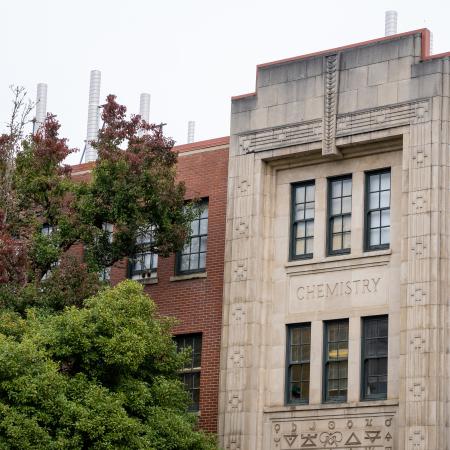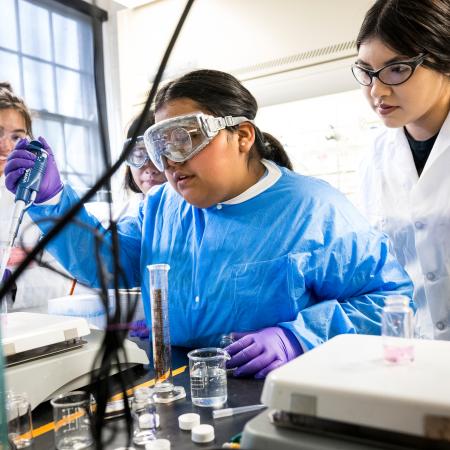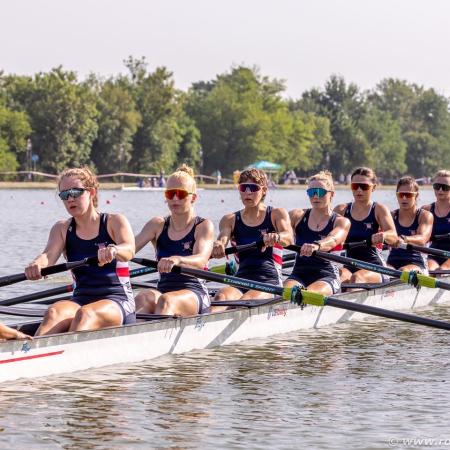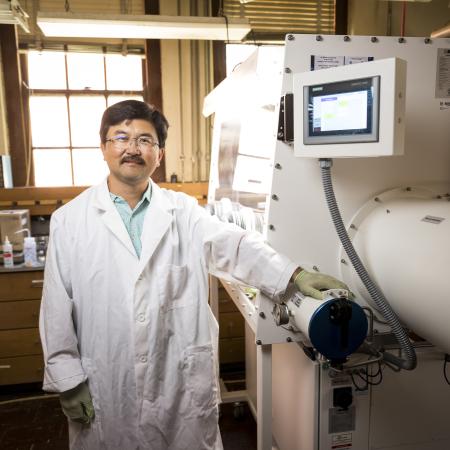Fall Term
*CH 511 - Advanced Inorganic Chemistry
*CH 616 - Crystallography
CH 607 – Teaching Seminar
Winter Term
*CH 512 – Advanced Inorganic Chemistry
*CH 615 – Special Topics: Porous Materials
CH 607 – Safety Seminar
Spring Term
*CH 513 – Solid State Chemistry
*CH 615 – Special Topics: Bioinorganic Chemistry
Significant laboratory research is expected to begin this quarter.
Additionally, students are expected to complete the online Responsible Conduct of Research course by the end of their 1st year.
Recommended courses are also available in the 1st year. Please see your advisor to determine which, if any, are applicable.
***The courses with an asterisk are considered required; however, a student will only need to take 4 of these. These courses, along with other elective course(s), allow the student to tailor their education to meet specific interests and support the research project. Please note that a grade of B- or lower is considered unsatisfactory in a graduate course and will not be counted towards the program of study.
In addition, all students in good standing must present a literature seminar (CH 633) by the end of their third academic year in the program. These presentations are done in a supportive environment that allows the student to hone their public speaking skills. Graduate students in the Chemistry Department across disciplines/tracks are expected to attend these seminars to support their fellow students and to learn about new research areas.
All students in good standing are expected to complete their oral preliminary exam by the end of Year 3 or the start of Year 4, in communication with the dissertation committee. Failure to complete their oral preliminary by the stated timeline may lead to termination from the program or conversion to a Masters (M.S.) degree track in the program.



